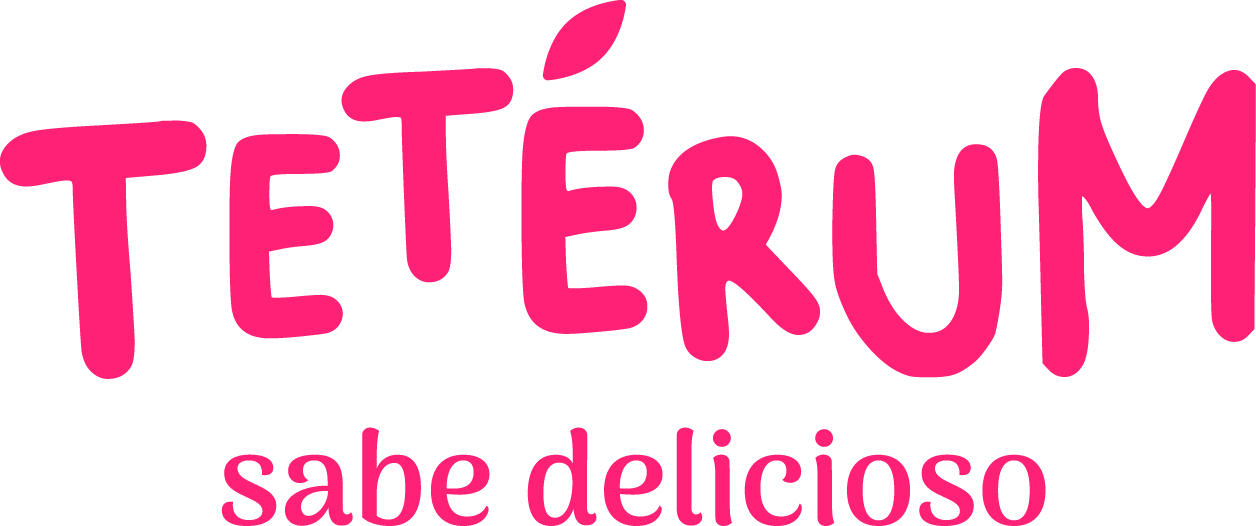

Teterum SL

Catalonia, Spain
June 2016
Beverages
Wholesale/Retail
Spain
Al escoger Teterum, no solo disfrutas de un té, una infusión o un rooibos de gran calidad, también escoges formar parte de un mundo en el que la integración laboral y la sostenibilidad son una normalidad. Con cada sorbo, ofreces oportunidades laborales a personas con Autismo, transformando sus vidas y su discapacidad en una gran capacidad. Con cada producto que escoges, recibes una tarjeta firmada por la persona que lo ha preparado para ti. Agradeciéndote así, el gran impacto positivo que causas en su vida y en la de su familia con tu elección. Y todo esto, acompañado de un packaging compostable y biodegradable, porque tampoco nos olvidamos de que solo tenemos un planeta. Si crees que tenemos que ver algo contigo, estaremos encantados de formar parte de tu vida.
Overall B Impact Score
Governance 21.4
Governance evaluates a company's overall mission, engagement around its social/environmental impact, ethics, and transparency. This section also evaluates the ability of a company to protect their mission and formally consider stakeholders in decision making through their corporate structure (e.g. benefit corporation) or corporate governing documents.
What is this? A company with an Impact Business Model is intentionally designed to create a specific positive outcome for one of its stakeholders - such as workers, community, environment, or customers.
Community 32.9
Community evaluates a company’s engagement with and impact on the communities in which it operates, hires from, and sources from. Topics include diversity, equity & inclusion, economic impact, civic engagement, charitable giving, and supply chain management. In addition, this section recognizes business models that are designed to address specific community-oriented problems, such as poverty alleviation through fair trade sourcing or distribution via microenterprises, producer cooperative models, locally focused economic development, and formal charitable giving commitments.
Environment 14.6
Environment evaluates a company’s overall environmental management practices as well as its impact on the air, climate, water, land, and biodiversity. This includes the direct impact of a company’s operations and, when applicable its supply chain and distribution channels. This section also recognizes companies with environmentally innovative production processes and those that sell products or services that have a positive environmental impact. Some examples might include products and services that create renewable energy, reduce consumption or waste, conserve land or wildlife, provide less toxic alternatives to the market, or educate people about environmental problems.
Customers 33.3
Customers evaluates a company’s stewardship of its customers through the quality of its products and services, ethical marketing, data privacy and security, and feedback channels. In addition, this section recognizes products or services that are designed to address a particular social problem for or through its customers, such as health or educational products, arts & media products, serving underserved customers/clients, and services that improve the social impact of other businesses or organizations.
What is this? A company with an Impact Business Model is intentionally designed to create a specific positive outcome for one of its stakeholders - such as workers, community, environment, or customers.